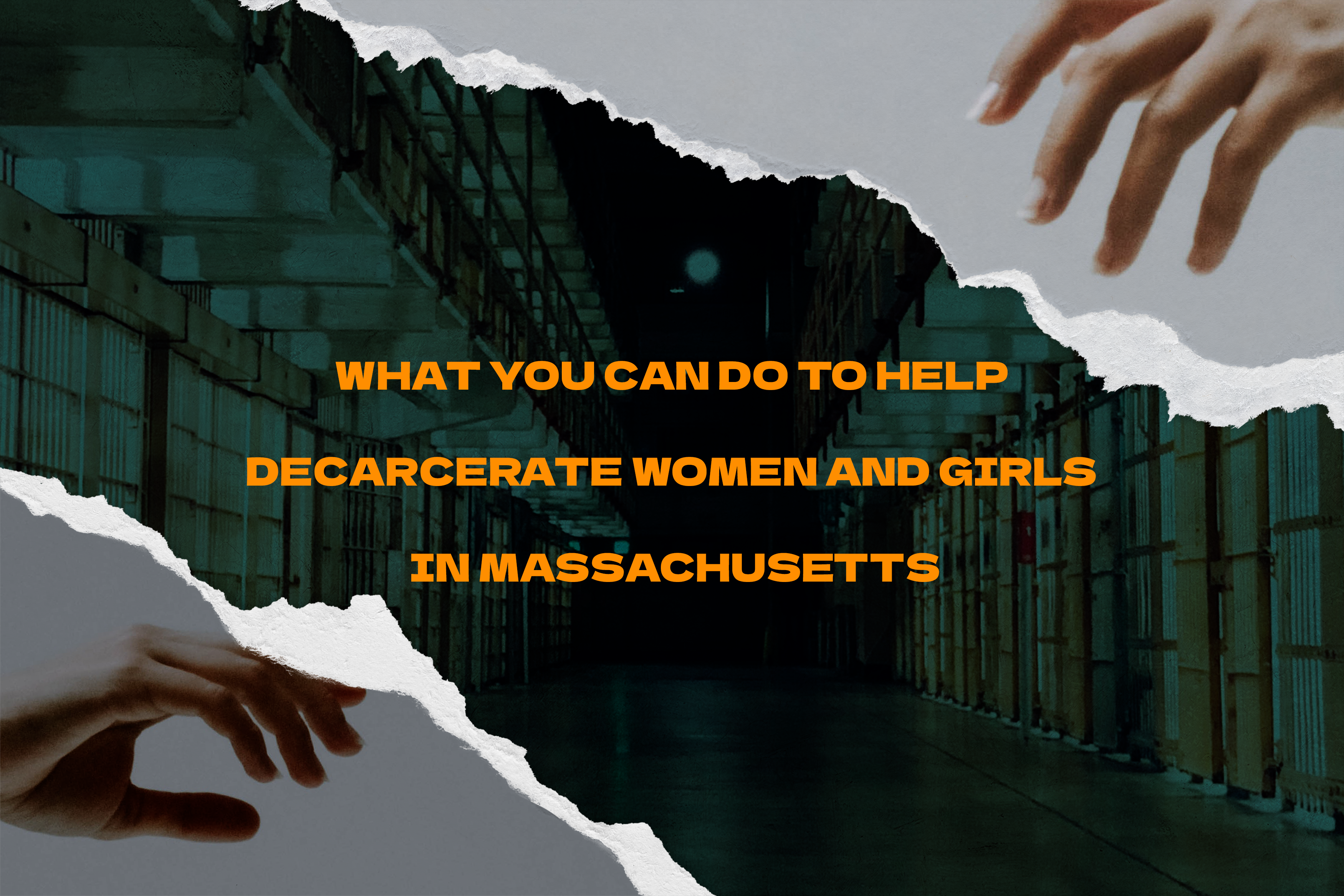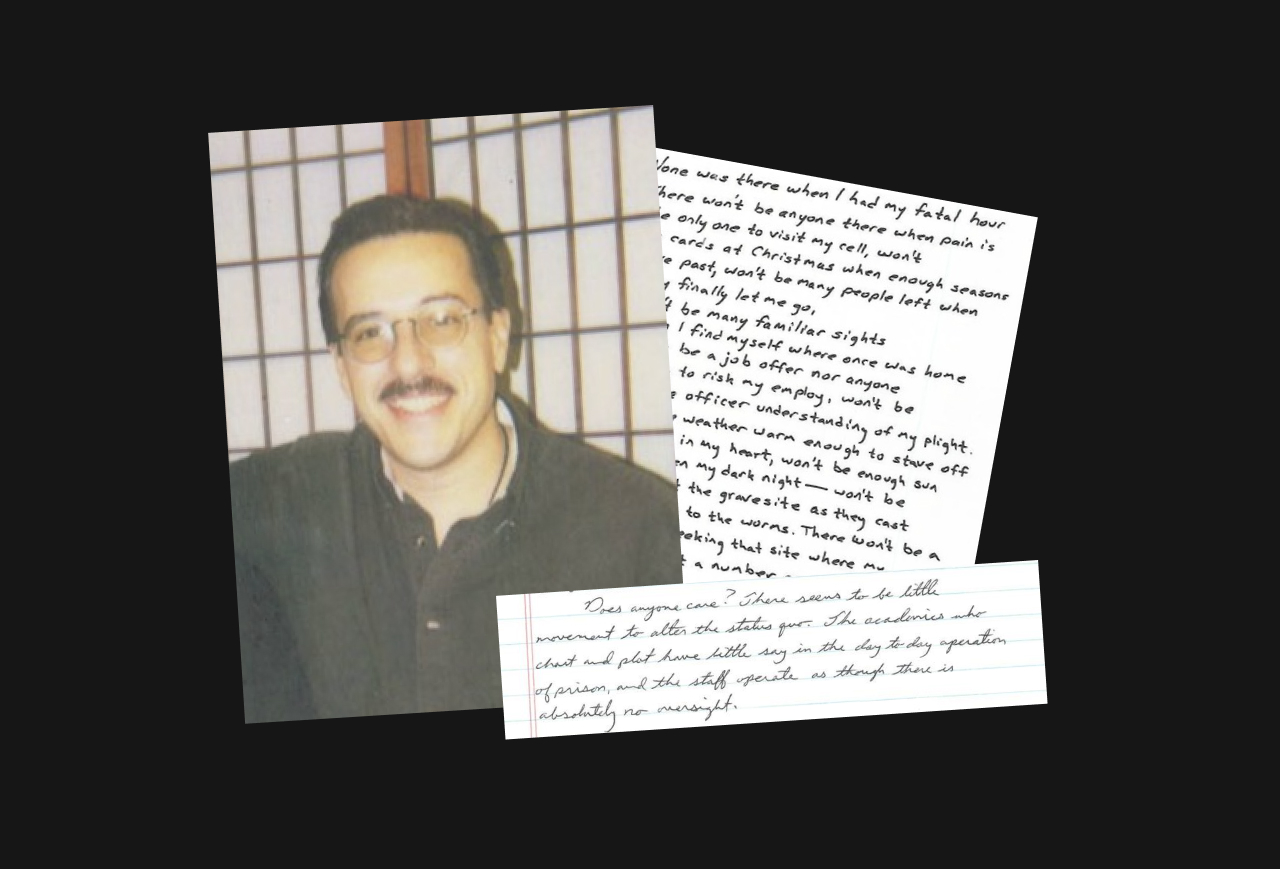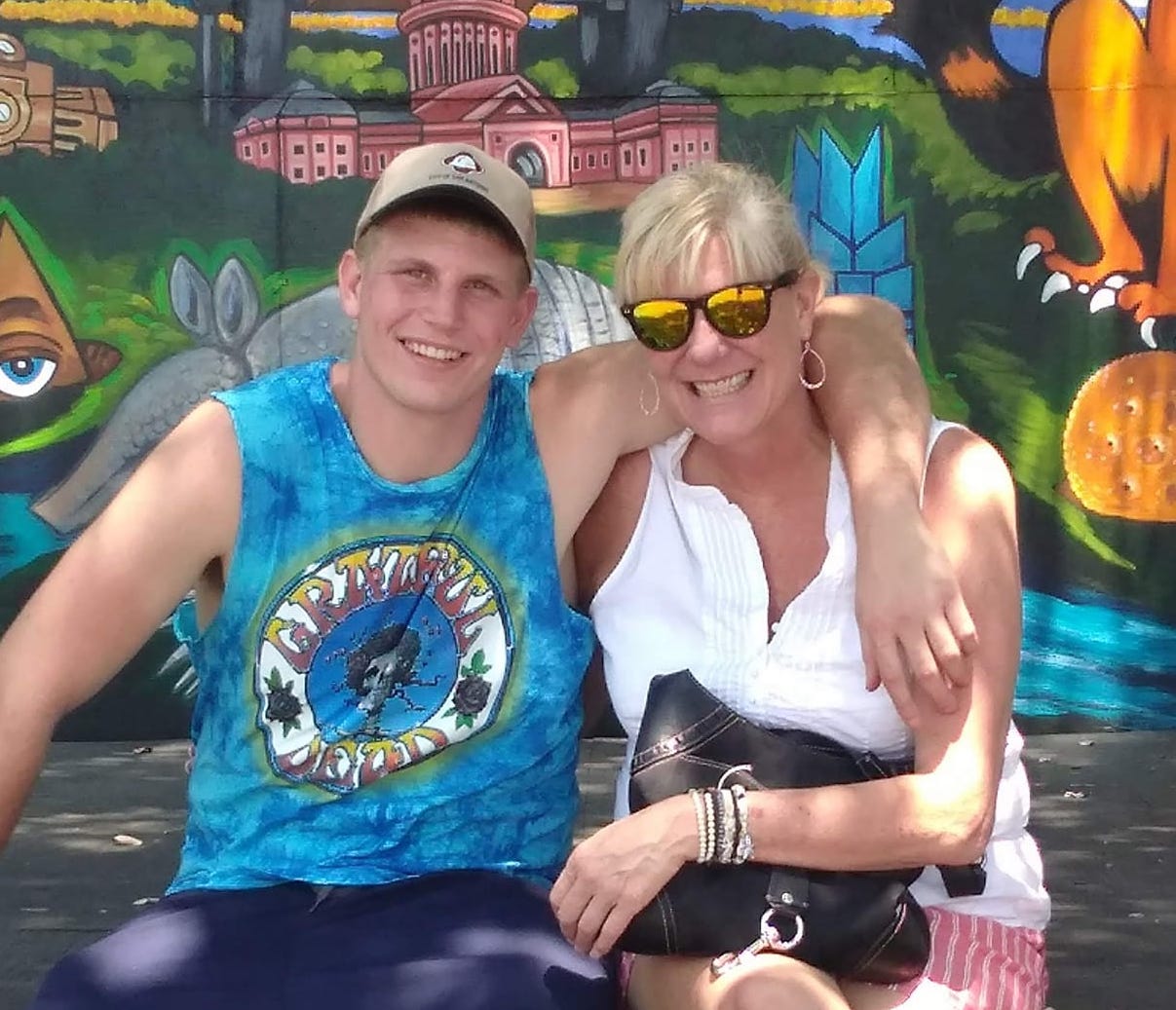I have worked on advocacy for the rights of incarcerated people in multiple states; however, I am new to this work in Massachusetts. Massachusetts has a comparatively lower incarceration rate, but this does not mean mass incarceration is less harmful for the people subjected to it. What stands out in this state is the tenacity and vibrancy of the activist community. Let me introduce you to one example.
On December 2, 2022, Suffolk University’s Women & Incarceration Project (WIP) brought together formerly incarcerated women, attorneys, advocates, politicians, and community members to: 1) discuss the legal ways that can be used to get women and girls out of prison, including parole, medical parole, and clemency; 2) establish a network, led by directly affected women, that can forward the mission to decarcerate, specifically focusing on MCI-Framingham.
Below, I highlight some of the information I learned – and share it with WPF’s blog audience, as there are several initiatives and/or programs that anyone can support (as in, GIVE THEM YOUR RESOURCES OR YOUR TIME). Before we get into what you can do to help decarcerate women in MA, let’s start off with some important definitions and facts:
Definitions
- MCI-Framingham: a medium security prison for women, including women who are serving criminal sentences, awaiting trial, or are civilly committed.
- Decarceration: a response to the system of mass incarceration in America and aims to eliminate or reduce the number of people behind bars through the implementation of effective, sustainable, and socially just policies.
- Parole: the release of an individual prior to the completion of their sentence. Parolees remain under supervision for the balance of their sentence, and must comply with a set of behaviors called “conditions of parole.”
- Medical parole: an individual may be eligible for release if they meet three conditions: 1) they must be terminally ill or permanently incapacitated; 2) they must be able to live and remain at liberty without violating the law; and 3) their release must not be incompatible with the welfare of society.
- Clemency: is the process by which a governor, president, or administrative board may reduce a defendant’s sentence (also known as a commutation) or grant a pardon.
Facts on MCI-Framingham
This information was collected by Rebecca Stone and Susan Sered (Department of Sociology and Criminal Justice at Suffolk University). You can find their powerpoint, and other conference materials, here.
- The “female” custody population in the MA Department of Corrections (DOC) has decreased drastically by 77%. However, according to Families for Justice as Healing (FAJH), “Despite having one of the lowest incarceration rates for women in the country, we spend much more than states with much higher incarceration rates.”

- The WIP states, “The majority of women incarcerated in Massachusetts are white. This reflects the large white majority in the state. However, Black women are disproportionately incarcerated; that is, being Black is a ‘risk factor’ for incarceration in Massachusetts.”

- Women are more likely to enter prison with a history of abuse and trauma: 83% have open mental health cases, 76% have serious mental illness, and 69% are on psychotropic medication. These statistics are obviously overwhelming, but it gets worse. Stone and Sered argue that these statistics do not account for the impact of incarceration on mental health, and there is no evidence favoring prison-based therapeutic programs. Additionally, they state that the level of psychotropic medication use raises concerns about overuse, and the use of medication as chemical restraint.
- Last, but definitely not least, 28% of the MA DOC “female” population are 50 years of age or older. Yet, women over 50 have the lowest rearrest rates of all age groups.

Where do we go from here?
So, now that you are as angry and ready to act as I am, what can you do to help decarcerate women and girls in MA? Echoing what the leaders from FJAH and the National Council for Incarcerated and Formerly Incarcerated Women and Girls said, we MUST follow the lead of those who are currently or formerly incarcerated – and their loved ones. These individuals have direct experiences with how horrifically violent the carceral system is (and I can say this because I have a loved one who is serving 25-years), and know what we can do NOW to interrupt this violence.
Here are some initiatives and/or programs that were mentioned at the conference:
- Join the FJAH and the National Council for Incarcerated and Formerly Incarcerated Women and Girls in contacting your legislators to pledge and pass the Prison and Jail Construction Moratorium, a five-year moratorium on the construction of new prisons and jails in MA that would reduce fiscal burdens on the state and promote alternative rehabilitation methods for individuals who are incarcerated. You can find a script here.
- Buy a shirt or a mug to support the building of the FreeHer Institute, an abolitionist think tank founded by women and girls impacted by the criminal legal system.
- Email Laura Burnett at lburnett@womensbar.org to join the Women’s Bar Foundation’s (WBF) Clemency Project. The WBF Clemency Project is a collection of volunteers working individually or in groups to assist incarcerated women in filing or supplementing petitions for commutation of their extremely long prison sentences.
- Donate to New Beginnings Re-Entry Services. Their mission is to work to reduce recidivism by advocating for and providing services to women who are reentering local neighborhoods and communities.
- Apply to be a volunteer for the Massachusetts Parole Preparation Partnership, a new project led by parole attorneys, community parole advocates, and incarcerated individuals. MPPP Partners assist parole applicants, but do not represent them at their hearings nor provide legal advice. Rather, Partners work alongside and collaborate with parole applicants to identify potential family and community support for their release on parole, assist with reaching out to potential supporters, identify strong re-entry plans, collate information in support of the individual’s release to submit to the Parole Board, and help the individual prepare to testify at their parole hearing.
- Ask Maura Healey, the incoming Governor, to appoint an actual advocate (you know, someone who seeks to not retraumatize folks by asking them every minute detail on their wrongdoings) on the MA Parole Board. You can email her at info@maurahealey, share your idea, and/or tweet her @maura_healey.
To conclude, women, like Terri-Anne Henry and Angelia Jefferson (who were formerly incarcerated at MCI-Framingham and courageously spoke at the conference), deserve more from us. Every step we take towards decarceration is a step towards healthy, thriving communities. We don’t have to reimagine what alternatives to incarceration would look like because these individuals and organizations are already doing it.



